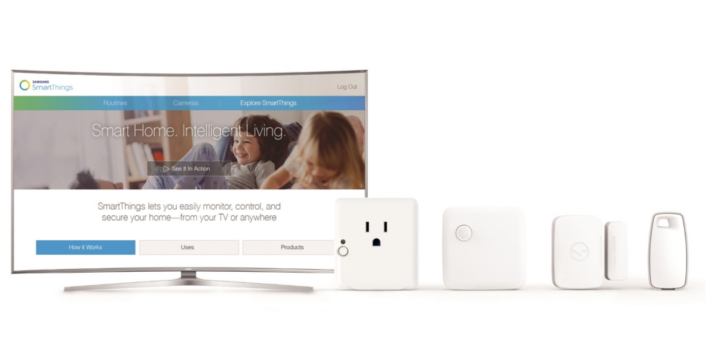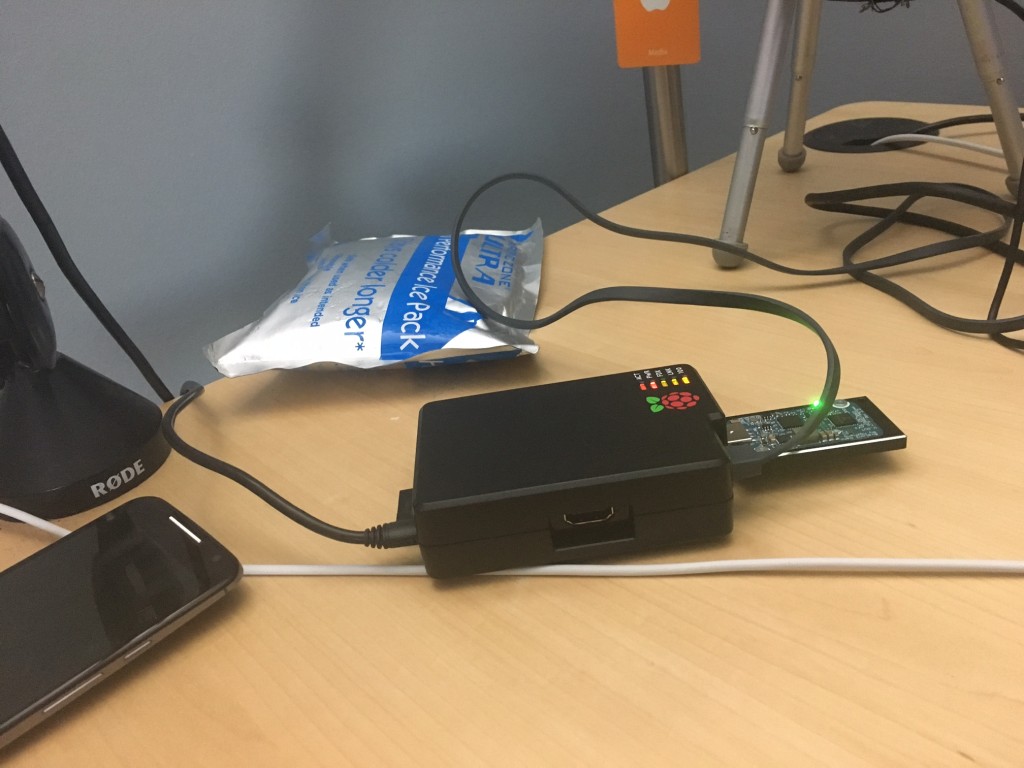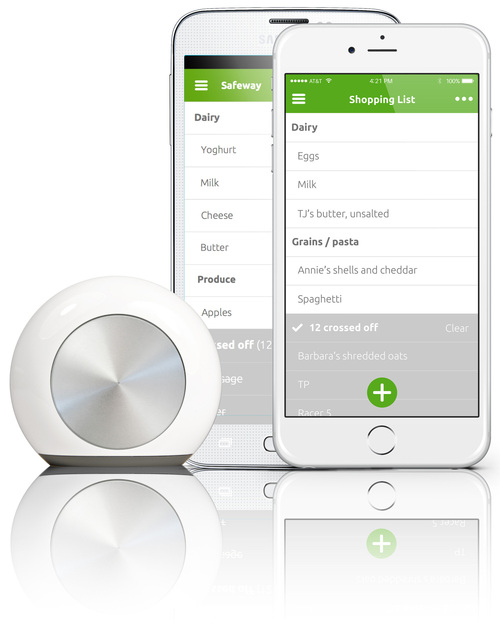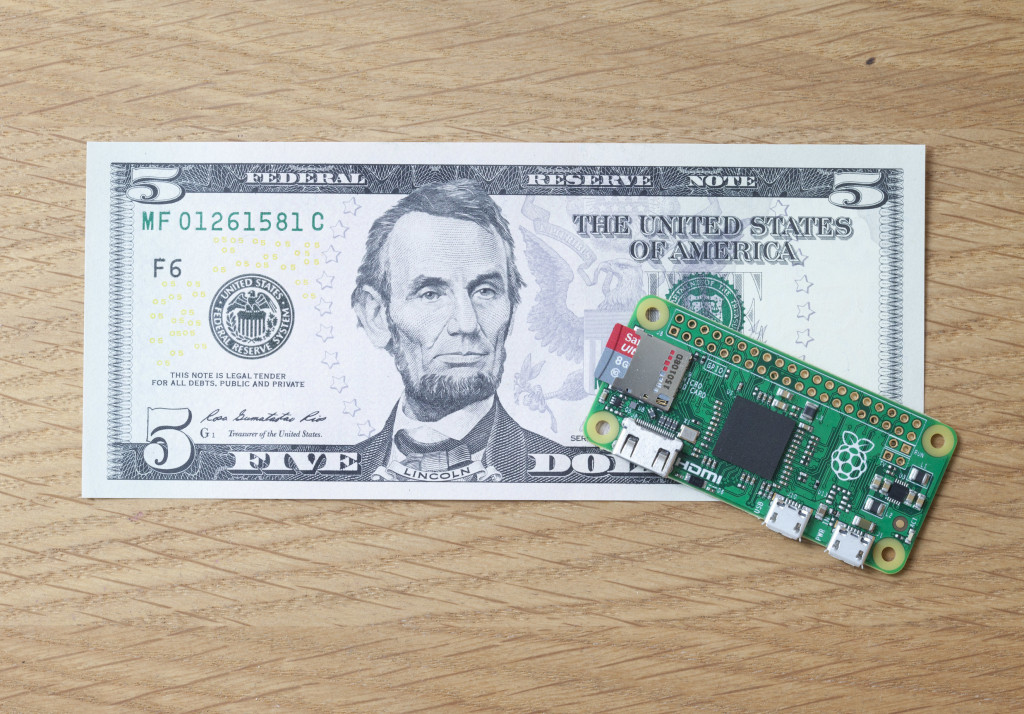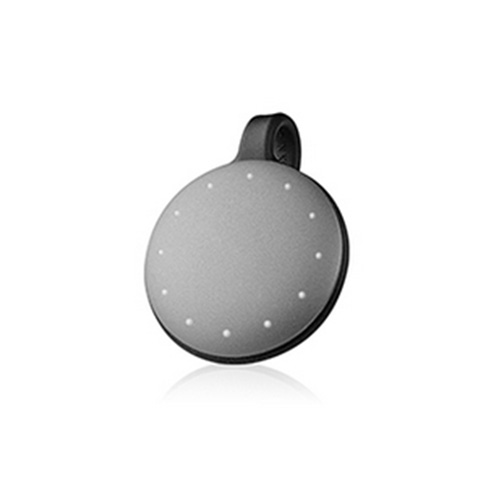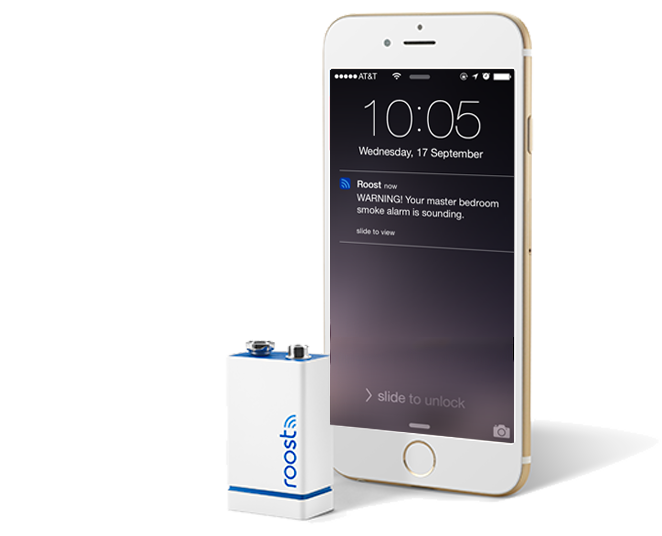This week I was at CES, the huge consumer electronics trade show held in LAs Vegas. Kevin wisely stayed home, but monitored the news. It’s actually easier to do that from 2,000 miles away. There’s more news than we can cover in one show, but we started with the links between Ford and the Amazon Echo and all of the other tie ups with Alexa that were showed off at the event. We then moved to our doubts about the new Wi-Fi standard for the Internet of Things called HaLow and the news that ZigBee and Thread were trying to work a little more closely together and what that means for you.
Finally, we delved into the gadgets and partnership news that caught our eye. Most of it focused on the hot new cameras in odd places, such as inside fridges and outside. But we also spent time discussing IBM’s new partnerships for Watson announced at the show. We’ll come back next week with more insights based on my final days at the show and time spent walking the show floor, but already I think we’re seeing a gradual maturation of the industry. Unfortunately it’s not in the direction we may have wanted in terms of everyone embracing open standards. Interoperability is going to come slowly through custom integrations.
Hosts: Kevin Tofel and Stacey Higginbotham
- Alexa is the star of CES this year
- Can you hear me now? Radios get gussied up for IoT
- Put a camera in it!
- Did I saw Alexa was the star? Maybe I meant IBM’s Watson.
Podcast: Play in new window | Download | Embed
Subscribe: RSS

